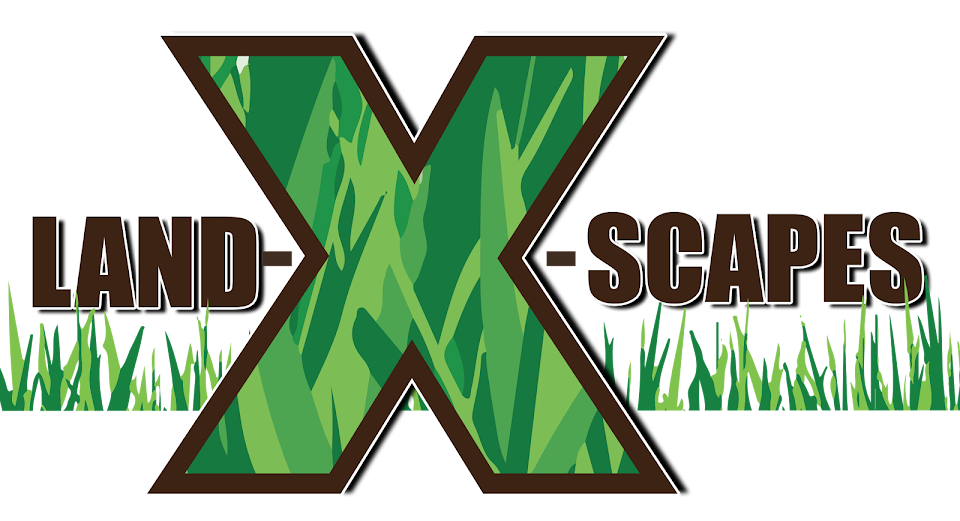10 Yard Landscaping Mistakes You Shouldn't Make This Fall/Winter
Let's admit, everyone's after a nicer looking yard this year. It's unfortunate that the masses aren't prepared to invest time into landscaping. Obviously, leaves have already started shedding as cooler winds swirl around and make room for a colder season. Here are 10 winter landscaping preparation mistakes every homeowner should avoid this season:
1.Extreme lawn manicure
When manicuring the lawn, it's crucial to keep consistent with recommended grooming requirements. Some grass species are susceptible to expensive damage that impairs development it's cut too low. Plant doctors suggest a minimum height of 2 inches for Zoysia grass.
2. Forget once-over lawn manicuring
As winter nears, it's typical for homeowners to reseed, aerate or mow the lawn. For optimal health and proper growth, plant doctors recommend the once-over lawn manicuring technique to keep it looking attractive and even throughout the winter. The final process is to reemphasize the lines diagonally. They'll keep a lush, neat appeal even as springtime return.
3. Not watering plants
Hedges, fruit trees and shrubs all need water during colder winter months. It outside has tolerable temperatures during winter, DIY home gardeners shouldn't delay watering plants, the lawn, etc. Poor watering of plants could result in serious damage arising from dehydration and/or disease.
4. Not using the correct plant fertilizer
Granular fertilizer isn't an ideal product for plants because it takes longer to dissolve especially in colder temperatures. For those enjoying minimal warmth during cooler months, it's acceptable to continue fertilizing the lawn and garden plants. DIY gardeners should use a spray applicator to maximize plant care efforts. If the lawn or plants aren't getting enough fertilizer, it's likely for it to wither or suffer severe frost burns.
5. Not using high-quality mulch to treat the soil
For mulching, a DIY gardener should use the best materials to promote plant health, hydration, growth, and fertility. Poor quality mulch could infest healthy soil and plants with fungus or pests. Gardeners should mulch the soil of trees or houseplants and the surface if the weather permits it. If the ground has frozen, it'll be difficult to undertake such as task successfully.
6. Not raking the yard
Yes, it's a tedious chore, but it's the secret to keeping the yard tidy and clutter-free. Should a homeowner neglect this duty, fungus and mold are likely to thrive with the snow accumulating on the leaves. Removing the accumulated snow after the weather improves won't be the easiest undertaking.
7. Using weed killer to spray the plants during winter
In colder temperatures, it's ill-advised to use pesticides such as weed killer to treat plants. When the temperature is warmer, it's an acceptable treatment, but plant care professionals advise against DIY gardeners using any form of pesticides especially weed killer during winter months. They recommend weed killer treatment only if temperatures remain above 60 degrees.
8. Delay spring planting
Gardens nursing beautiful lilies, tulips, and other plant life look enchanting. The harvest won't be as fruitful since it takes a while for plants to mature. Shrubs, crops, and trees need adequate time to grow. Therefore, it makes logical sense to prepare them early.
9. Not stocking up on new garden supplies
Summer and spring clearance at a local gardening supplies store promise the best bargains on various items, including tools, soil, pots, seeds, etc. Sometimes, markdowns are as massive as 90%.
10. Neglecting minor pests problems
If the crops harvested has worms or the leaves show signs of pest infestation, it's necessary to take better care of the yard to minimize infestation. Failing to put proper measures in place to remedy the problem could have serious consequences.
Garden and lawn care isn't the easiest chore. The location, landscape design and choices of plants are essential to improving the quality of life. It's imperative to handle winter landscaping and yard care with due diligence to minimize damage to precious garden or houseplants.
- See more at: http://www.landxscapes.org

No comments:
Post a Comment